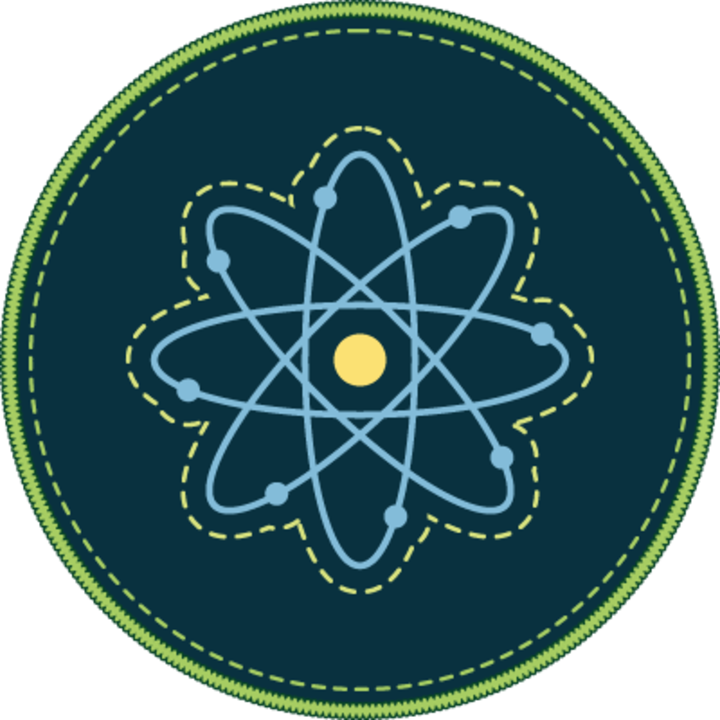Pre-Radiation Sciences Roadmap
Start your journey to becoming a healthcare professional.
Radiation science technology is a field of health care that includes a number of specific careers focused on taking quality images of the human body in order to diagnose, treat, and prevent disease. Radiation science technologists can obtain certification to work with X-ray, MRI scans, CT scans, and diagnostic medical sonography (ultrasound). They can obtain further education to be able to use nuclear and radioactive substances to diagnose and treat disease. They work closely with physicians and other healthcare professionals as part of a treatment team. Radiation science technologists may also be called radiologic technologists or radiographers. Those with specific training in ultrasound technology to create images of internal body structures are called sonographers or ultrasound technologists.

Pre-Radiation Sciences Roadmap at UNL
Radiation Sciences Prerequisite Classes
Depending on the school you plan to attend, your required prerequisites will vary. Meet with an advisor for more information.
Typical Radiography School Requirements
Language and Social Sciences – 4-7 courses
Medical Terminology – 1 course
Biology, Chemistry, & Physics – 1-4 courses
Math – 1-2 courses
What to Take at University of Nebraska Lincoln
Specifics courses vary by school. Meet with an advisor to plan your courses.
Language and Social Sciences – ANTH, COMM, CRIM, ECON, ENGL, ETHN, GEOG, HIST, world language, MUNM, PHIL, POLS, PSYC, RELG, SOCI, or WMNS.
Medical Terminology – CLAS 116
Biology, Chemistry, & Physics – BIOS, CHEM, LIFE, or PHYS
Math – MATH 101 or higher, STAT 218, or EDPS 459
CHI Suggested Course Sequencing
Semester 1 | Semester 2 |
Summer | |
*This sequence can be spaced out into 3 semesters without a summer if preferred; discuss application timing with an Explore Center advisor
UNMC Suggested Course Sequence
Semester 1 | Semester 2 |
Bryan Suggested Course Sequence
Semester 1 | Semester 2 |
Semester 3 | Semester 4 |
*Bryan does not require pre-requisite courses. As such, students may apply to Bryan at any time without the above sequence completed.
**One BIOS or LIFE course is a pre-requisite for Physiology at UNL. Additionally, physics requires completion of MATH 102 or higher, or a score of MATH 106 or higher on Math Placement Exam.
The above are general entrance requirements for two radiography programs in Nebraska that require prerequisites: UNMC’s Radiography Program and CHI Health’s School of Radiologic Technology. Students who are considering other programs are encouraged to contact those schools directly for a list of entrance requirements or transfer requirements.
Other Notes:
- AP/CLEP: CHI will accept AP credit as long as it transferred to UNL for credit. For UNMC, maximum of six hours of AP credit will be accepted with no more than three accepted from English composition.
Extracurricular Involvement and Activities:
Pursuing a career in the radiation sciences includes more than just coursework. Your extracurricular activities, employment, and healthcare experiences like shadowing and volunteering will contribute greatly to your success in this field. See a pre-health advisor in the Explore Center to plan extracurricular activities that will prepare you for this program.
Application and Admission
Applications: Students must apply directly to each radiation science/imaging science program. UNMC’s application generally opens around the first of September and closes around the first of January. Interviews typically take place in February; CHI’s application is due on March 1. For specific application steps please contact the school directly.
Undergraduate Credit Required: UNMC requires students to have obtained 26 credit hours by the time they start the program. CHI requires students to have obtained 36-45 credit hours.
Other Radiography Programs in Nebraska: Bryan College of Health Sciences, Clarkson College, and Nebraska Methodist. Community Colleges also offer associate degree programs.